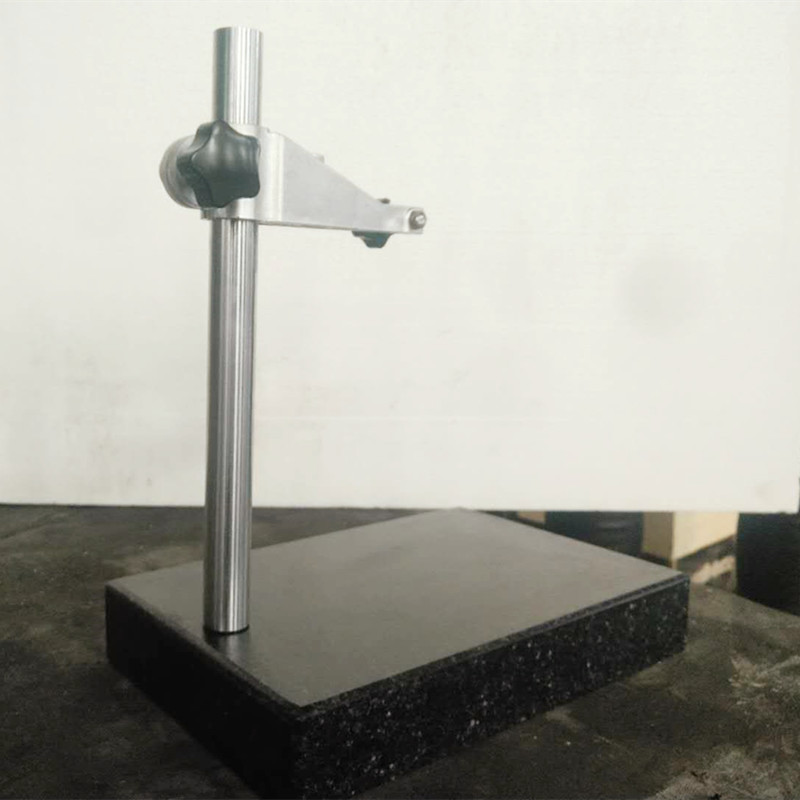set. . 25, 2024 07:50 Back to list
Understanding Metric Pin Gauges for Precision Measurement Applications
Understanding Pin Gauges in Metric Measurement
Pin gauges, commonly used in precision measurement, play a critical role in various engineering and manufacturing processes. These simple yet effective tools are essential for accurately gauging the size of holes and verifying the dimensions of machined components. This article delves into the significance, types, and applications of pin gauges in the metric measurement system.
Pin gauges are cylindrical pins of specified diameters, usually made from high-quality steel. They provide a reliable way to check internal diameters, ensuring that parts fit together correctly. Their design is straightforward, allowing for easy handling and accurate measurement without complicated machinery. In the metric system, pin gauges are typically manufactured in increments of millimeters, making them ideal for specifications that require high precision.
Understanding Pin Gauges in Metric Measurement
In practice, pin gauges are categorized into fixed-size gauges, which serve a specific purpose, and adjustable gauges, which can be modified to suit various sizes. Fixed-size pin gauges are available in numerous diameters, typically ranging from 0.5 mm to several millimeters in increments according to the metric system. Using a set of fixed gauges allows engineers to benchmark a range of sizes and ensure that each hole meets design specifications.
pin gauges metric

Moreover, the accuracy of pin gauges hinges on their manufacturing tolerances. High-quality pin gauges can be produced with tolerances as tight as ±0.001 mm, ensuring that they provide reliable readings. Regular calibration and maintenance of these gauges are essential to maintain their precision over time.
Pin gauges find applications in various industries, including automotive, aerospace, and machinery manufacturing. In automotive manufacturing, for example, pin gauges are used to measure the diameter of engine components or ensure that fittings align correctly. Their reliability in measuring critical dimensions helps avoid costly errors in assembly, leading to enhanced product quality and safety.
Additionally, pin gauges are often employed in quality control processes. Inspectors use them to verify that parts produced on assembly lines conform to required specifications. This process not only assures quality but also minimizes the risk of defective products reaching consumers.
In conclusion, pin gauges are indispensable tools in the realm of metric measurement. Their simple design, ease of use, and high precision make them invaluable in various manufacturing and engineering applications. As industries continue to evolve and demand higher levels of accuracy, the enduring relevance of pin gauges is a testament to their effectiveness in maintaining quality and ensuring precise measurements in engineering practices.
-
Y Type Strainer Maintains System Efficiency Long TermNewsJul.15,2025
-
Valve Selection Guide for Industrial ApplicationsNewsJul.15,2025
-
Steel Fab Table Provides Durable Work Surface for WeldingNewsJul.15,2025
-
Pad Iron Provides Stable Support for Heavy MachineryNewsJul.15,2025
-
One Inch Check Valve Fits Standard Plumbing SystemsNewsJul.15,2025
-
Measuring Micrometer Ensures Precise Dimensional AccuracyNewsJul.15,2025
Related PRODUCTS









